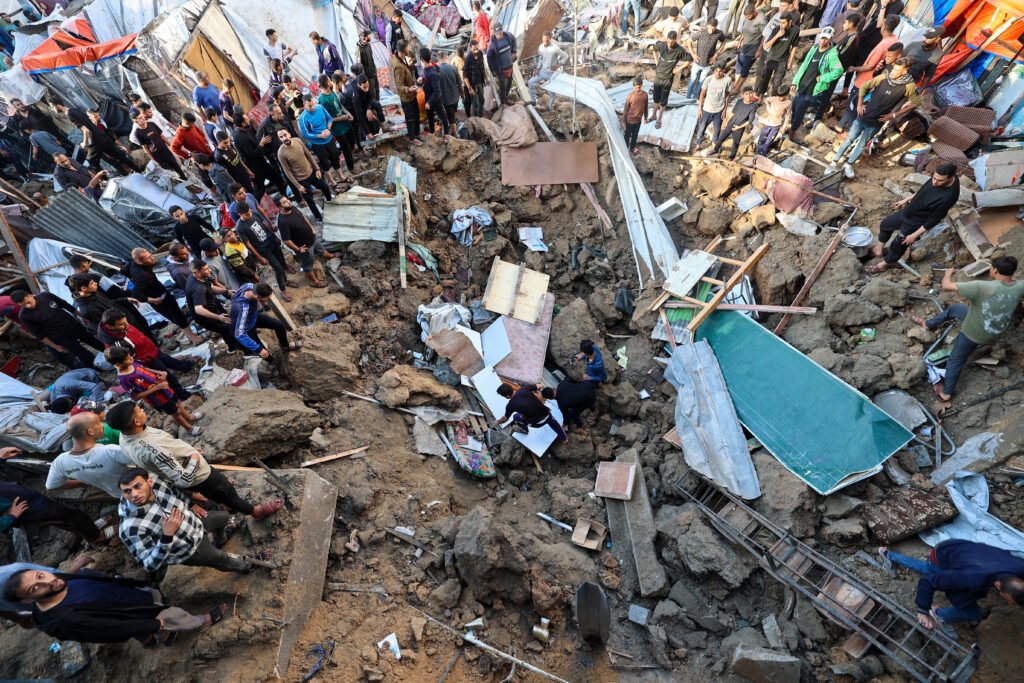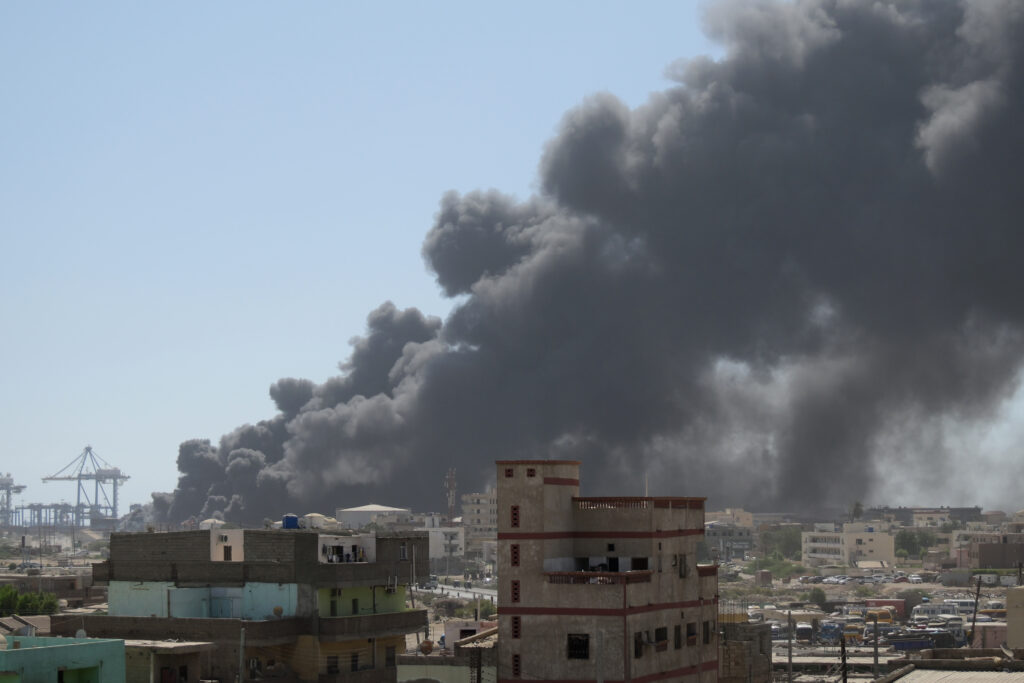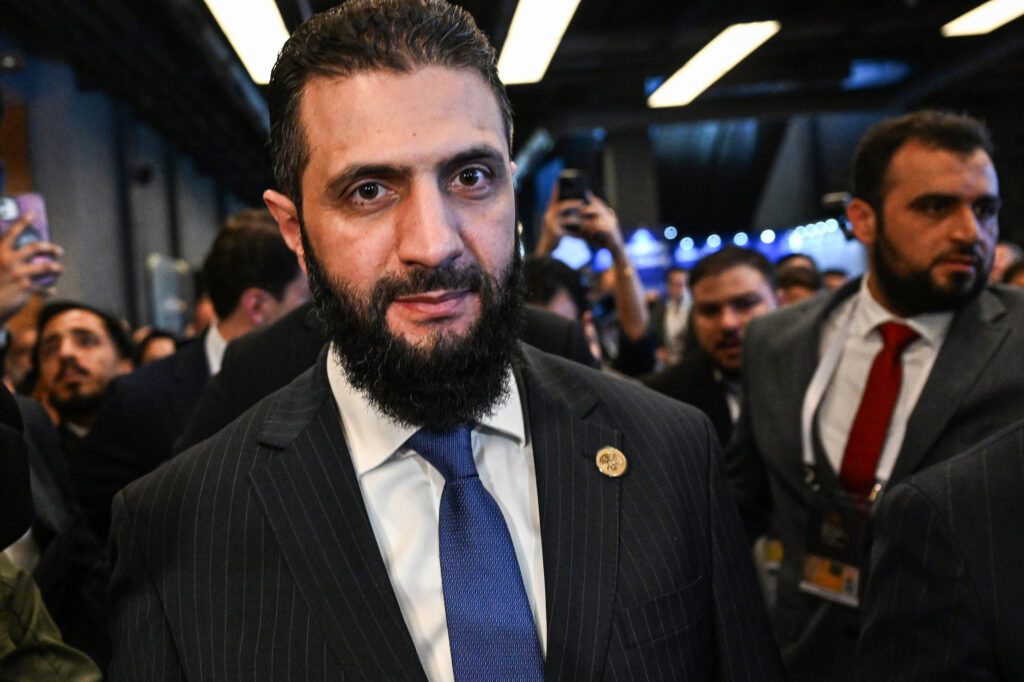AFP Asia Business
Israel’s plan for Gaza draws international criticism
Israel drew international condemnation over its plans for an expanded Gaza offensive, as the country’s far-right finance minister called Tuesday for the Palestinian territory to be “destroyed”.Israel’s military had called up tens of thousands of reservists for its planned expanded offensive in the Gaza Strip, which an official said would entail the “conquest” of the Palestinian territory.European Union top diplomat Kaja Kallas on Tuesday told her Israeli counterpart in a call that the situation was “untenable”, urging the resumption of the flow of aid to Gaza, where famine looms.Nearly all of the Palestinian territory’s 2.4 million people have been displaced at least once during the war, sparked by Hamas’s October 7, 2023 attack on Israel.A two-month Israeli blockade since early March has worsened the humanitarian crisis.China said it opposed Israel’s military actions and was “highly concerned” by plans for a broader assault.Beijing also called on Israel and Hamas to “effectively implement” the terms of a ceasefire which fell apart on March 18.French Foreign Minister Jean-Noel Barrot said Paris “very strongly” condemned Israel’s planned offensive, calling it “unacceptable” and adding that its government was “in violation of humanitarian law”.Britain’s Middle East minister Hamish Falconer said London opposed the expansion of Israel’s operations, adding that “any attempt to annex land in Gaza would be unacceptable”.Germany’s new Chancellor Friedrich Merz voiced “considerable concern” and said he would send his foreign minister to Israel this weekend.It came after Israel’s far-right Finance Minister Bezalel Smotrich said that the Gaza Strip should be “entirely destroyed” and called for its inhabitants to “leave in great numbers to third countries” after the war.-‘Hunger’-Gaza’s civil defence agency said Wednesday that a total of 31 people were killed and dozens wounded in strikes on a school sheltering displaced people in the central Bureij refugee camp.Israel’s military said in a statement Tuesday that its forces had struck a “Hamas command and control centre” in central Gaza which was used “to store weapons”.Earlier, the Palestinian militant group dismissed as pointless ceasefire talks with Israel.”There is no sense in engaging in talks or considering new ceasefire proposals as long as the hunger war and extermination war continue in the Gaza Strip,” Basem Naim told AFP.The former Gaza health minister said the world must pressure Israeli Prime Minister Benjamin Netanyahu’s government to end the “crimes of hunger, thirst, and killings”.”They’re trying to starve us,” said Ahmed Zaqout, a resident of Gaza’s Jabalia refugee camp, referring to the Israelis.”They’ve taken over every inch of the Gaza Strip, claiming the war is against Hamas — but in reality, they’re targeting the broader Palestinian population.”For Palestinians, any forced displacement evokes memories of the “Nakba”, or catastrophe — the mass displacement in the war that led to Israel’s creation in 1948.- ‘Weaponise’ aid -On Monday, United Nations spokesman Farhan Haq said that “Gaza is, and must remain, an integral part of a future Palestinian state.”Israel’s military has said the expanded operations approved by the security cabinet on Sunday would include displacing “most” of Gaza’s population.Before that phase begins, a senior Israeli security source had said that the timing of troop deployments allowed a “window of opportunity” for a possible hostage deal coinciding with US President Donald Trump’s visit to the Middle East next week.Qatar, a key mediator in the conflict, said that “our efforts remain ongoing” despite major obstacles to a ceasefire.Israel’s military resumed its offensive on the Gaza Strip in March, ending a two-month truce that saw a surge in aid into the war-ravaged territory and the release of hostages in exchange for Palestinian prisoners held by Israel.The health ministry in Hamas-run Gaza said at least 2,507 people had been killed since Israel resumed its campaign in mid-March, bringing the overall death toll from the war to 52,615.Hamas’s 2023 attack resulted in the deaths of 1,218 people on the Israeli side, mostly civilians, according to an AFP tally based on official figures.Out of the 251 people abducted by militants that day, 58 are still held in Gaza including 34 the Israeli military says are dead.But Trump said Tuesday that three more hostages held by Hamas have died, bringing the number still living to 21.”We want to try and get as many hostages saved as possible,” the US president said at the White House, without providing further details.Israeli military spokesman Effie Defrin said earlier that its planned offensive approved by the cabinet would include “moving most of the population of the Gaza Strip… to protect them”.bur-az-mib-csp/jsa/sco/tym
US, Chinese officials to hold trade talks in Switzerland
Senior US and Chinese officials will travel to Switzerland later this week to kickstart stalled trade talks following President Donald Trump’s sweeping tariff rollout, according to statements from both countries.The talks mark the first official public engagement between the world’s two largest economies to resolve a trade war escalated by Trump shortly after his return …
US, Chinese officials to hold trade talks in Switzerland Read More »
Stocks retreat as traders cautious before Fed rates call
Stock markets mostly dropped on Tuesday as investors awaited a Federal Reserve interest-rate decision while anticipating US trade deal breakthroughs that have yet to materialize.Stocks had risen most of the last two weeks in anticipation of progress on the trade front as US President Donald Trump and top appointees play up the negotiations. But major …
Stocks retreat as traders cautious before Fed rates call Read More »
Panic in Port Sudan as drone strikes rattle haven city
War-weary civilians have looked up at a blackened sky in Port Sudan this week as the two-year war they had fled finally reached their once-safe haven on Sudan’s Red Sea coast.”Panic is setting in, people are terrified,” Port Sudan native Sami Hussein Abdel Wahab told AFP as smoke billowed behind him.Giant plumes of thick smoke have hung in Port Sudan’s skies since Sunday, when the first drone strikes, blamed on the paramilitary Rapid Support Forces (RSF), struck the city.Tuesday’s dawn attack on the wartime de facto capital struck the airport, fuel depots and a power substation, grounding all international flights in and out of Sudan and causing a city-wide blackout.”It’s us, the citizens, that they’re targeting,” Mohamed Ahmed Karar, 57, told AFP, referring to the RSF, at war with the regular army since April 2023.Another resident, Salem Omar Ibrahim, said: “They hit everything that benefits civilians.”Port Sudan, a strategic target for the RSF, is also Sudan’s largest operational port and a “lifeline for humanitarian operations”, the United Nations said Tuesday.Nearly all aid into the country — home to nearly 25 million people suffering dire food insecurity — transits through Port Sudan, where massive fires raged in fuel depots for over 36 hours.At petrol stations across the city, queues of cars stretched for more than a kilometre (0.6 miles) as drivers scrambled to fill their tanks, an AFP correspondent reported.Drivers waited for hours in the rising heat, engines off, hoping for a few litres before supplies ran dry again.But most were unsure where they would go. Even territories the army has reclaimed, including parts of the capital Khartoum, suffer without basic services.”Yesterday and today just confirm to us that this war will follow us no matter where we go,” said Hussein Ibrahim, 64, who has fled RSF attacks on his hometown in Al-Jazira state, about 1,000 kilometres away.In markets and street corners, anxious neighbours exchanged half-formed plans. They could stay, waiting for more attacks, or head back to where they had been uprooted from.- ‘No alternative’ -Until Sunday, Port Sudan had been a rare safe refuge in the war between the army and the RSF that has ripped the country apart.The city has hosted government ministries and the United Nations and sheltered hundreds of thousands of people, mostly displaced from Khartoum and central Sudan.The war has killed tens of thousands, uprooted 13 million and created what the UN describes as the world’s worst largest hunger and displacement crises.The conflict has effectively divided the country in two, with the army controlling the north, east and centre and the RSF holding nearly all of the western Darfur region and parts of the south.Now, the sense of safety that had defined Port Sudan has been shattered.”The sound of the explosion was terrifying, it’s caused us to panic,” said Soad Babiker, 45, who had also fled the violence in Al-Jazira.Ahmed Ali, a shopkeeper near the market, said the atmosphere was unlike anything he had seen before.”There is no electricity, no water,” he said.”The market is half-asleep. People are scared. Some families fled their homes overnight.”Despite the fear, some residents cautiously clung to their daily routine.Though schools were closed on Tuesday, central Port Sudan bustled with an eerie semblance of normal life. Shops in the city’s main market were open and long rows of public minibuses waited for passengers as usual.”There’s no alternative,” said resident Al-Nour Mokhtar Othman.”What are people supposed to do? We just have to keep going and hope for stability.”
Macron to host Syrian leader’s first European visit
Syrian President Ahmed al-Sharaa on Wednesday meets France’s Emmanuel Macron in Paris on his first visit to Europe since taking power after the fall of longtime Syrian ruler Bashar al-Assad.The visit comes with Syria’s new authorities, who have roots in the Al-Qaeda jihadist network, under increasing pressure from Europe to show their seriousness on protecting human rights as Damascus seeks the full lifting of Assad-era sanctions. “This meeting is part of France’s historic commitment to the Syrian people who aspire to peace and democracy,” the Elysee Palace said on Tuesday.Macron will “reiterate France’s support for the construction of a new Syria, a free, stable, sovereign Syria that respects all components of Syrian society,” the presidency said.Macron will also emphasise “his demands on the Syrian government, primarily the stabilisation of the region, including Lebanon, and the fight against terrorism,” it said.Sharaa was the head of the Islamist group Hayat Tahrir al-Sham (HTS) which spearheaded Assad’s overthrow after 14 years of civil war and formerly had links to Al-Qaeda. He is still subject to a UN travel ban and France most likely had to request an exemption from the United Nations, as was the case for his recent trips to Turkey and Saudi Arabia, according to a source familiar with the matter.EU spokesperson Anouar El Anouni said, referring to the Syrian leader by his nom de guerre Abu Mohammed al-Jawlani, that exemptions can be granted in certain cases if UN officials determine “that the entry or transit is justified”.Macron is due to welcome al-Sharaa to the Elysee Palace at 1515 GMT followed by a joint news conference.- Humanitarian crisis -France, a former colonial-era ruler of Syria, is eyeing an opportunity to increase its influence in the country after years of Russian presence, with French companies also seeking business contracts.Last week, French logistics giant CMA CGM signed a 30-year contract to develop and operate the port of Latakia.Macron had first invited Syria’s new leader to visit France in February.In March, he repeated the invitation but made it conditional on the formation of an inclusive Syrian government representing “all components of civil society”, describing his initial negotiations with the interim leaders as “positive”.Mehad, a French NGO which has operated in Syria since 2011, warned of the worsening humanitarian crisis in the country and called for “a strong response” from France.”Emmanuel Macron’s strong commitment must now be translated into action, not only by maintaining the budget allocated to humanitarian aid in Syria, but also by disbursing it quickly,” said Mehad director Mego Terzian.”Otherwise we are heading for a humanitarian and health disaster in the country.”- ‘Shock and dismay’ -Syria’s new Islamist authorities have vowed inclusive rule in the multi-confessional, multi-ethnic country.But sectarian clashes in March in which more than 1,700 people were killed, mostly from Assad’s Alawite minority, sparked condemnation.More recent clashes involving fighters from the Druze community, as well as reports of abuses from NGOs, have also raised doubts about the interim government’s ability to control extremists in its ranks.Adding to pressure on the new Syrian government, Israel has also launched hundreds of strikes on the country since Assad’s overthrow, including one near the presidential palace in Damascus on Friday.The interim government described the strike as a “dangerous escalation”, while the United Nations urged Israel to halt its attacks on Syria “at once”.The French far right criticised the upcoming talks.Far-right leader Marine Le Pen accused Macron of hosting talks with “a jihadist” who has been involved with the Islamic State group and Al-Qaeda, adding such a meeting would be “provocative and irresponsible”.”Shock and dismay,” Le Pen said on X.Foreign Minister Jean-Noel Barrot, who met with the Syrian leader on a visit to Damascus in January, defended the talks.Not engaging with the leaders of Syria and Lebanon would amount to “rolling out the red carpet for Daesh,” Barrot told broadcaster RTL, referring to the Islamic State jihadists.





